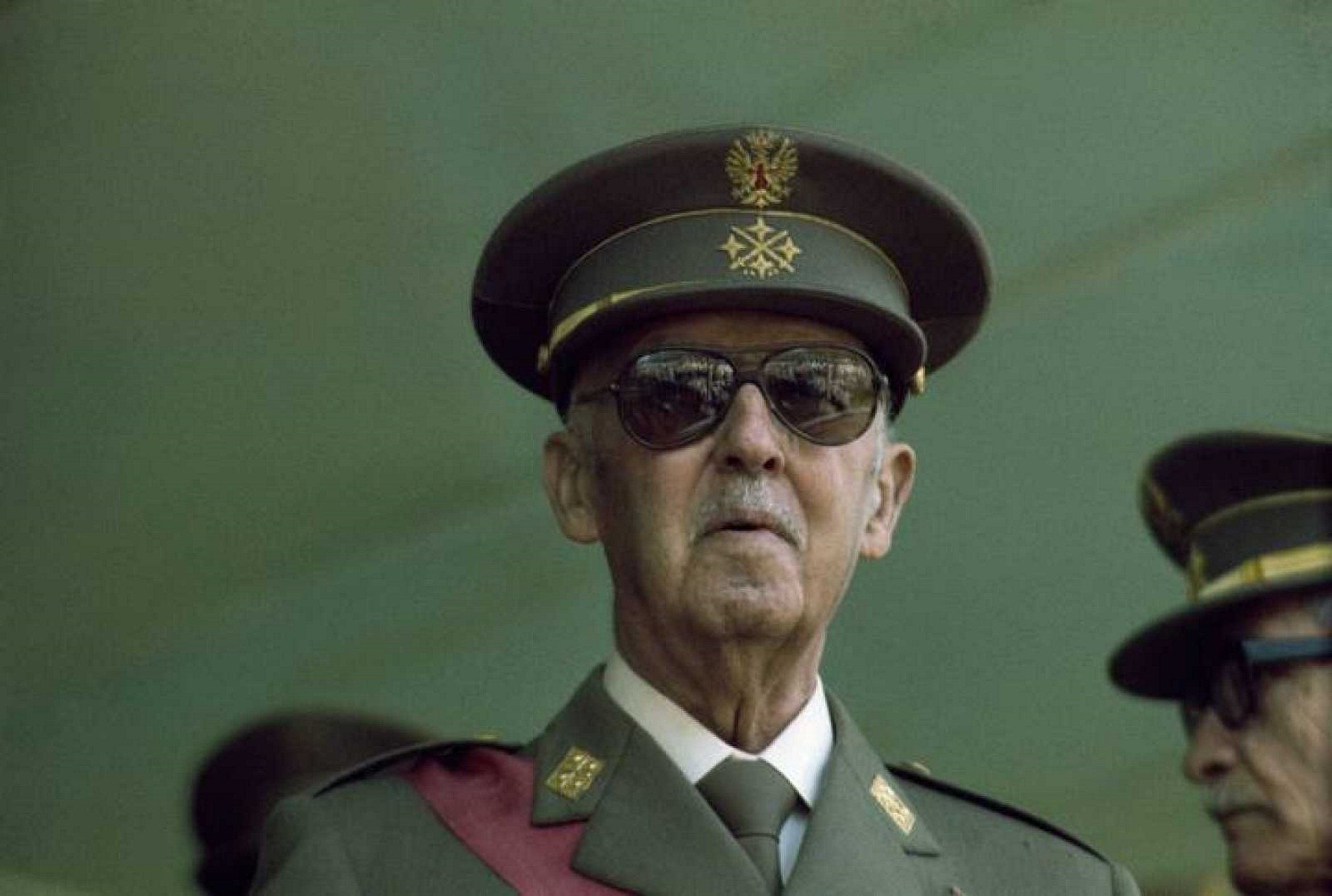Spain's Supreme Court doesn't often hold back. Not often at all. Today, for example, has seen prosecutors in the Catalan independence trial give their final conclusions (spoiler: they say the defendants committed a coup d'état) and the suspending of the order to exhume Francisco Franco from the Valle de los Caídos. On that latter matter, the court believes that authorising the removal of his remains to a less prominent, controversial location would be, at this time, "extraordinarily harmful" for the general's family and the "public interest", taking into account the "significance of don Francisco Franco". Don Francisco. The word beginning with D most people would choose there is dictator.
And that's not the only questionable choice from the judges in their ruling today. It seems like a simple description that he was "head of state from 1st October 1936 until his death on 20th November 1975". Indeed, on 1st October 1936, Franco was proclaimed generalísimo of the Nationalist Army and head of state in the city of Burgos, just months after the coup d'état that had degenerated into the Spanish Civil War. However, on that date, Spain was still divided almost evenly between the Nationalist and Republican sides. Madrid was still in the hands of the elected Republican government and remained so for almost three more years, even though the seat of government was moved to Valencia as a precaution on 6th November 1936. The war would only come to an end, and the Franco regime would only gain international recognition from countries like Britain and France in 1939. To say he was head of state from 1st October 1936 is to accept the dictatorship's version of events and to identify him as the head of Spain from shortly after the coup and during the whole Civil War.
El Tribunal Supremo considera que Francisco Franco fue Jefe del Estado desde el 1 de octubre de 1936. Es decir, considera que el nombramiento de las Juntas de Defensa Nacional dos meses después del golpe fue legal. ¿Y esta aberración? pic.twitter.com/OHbon4m09f
— AntonioMaestre (@AntonioMaestre) 4 de junio de 2019
Translation: The Supreme Court considers Francisco Franco to have been head of state from 1st October 1936. In other words, it considers his appointment by the National Defence Juntas two months after the coup to have been legal. And this aberration?
El Jefe del Estado el 1 de octubre de 1936 era Manuel Azaña. El presidente legítimo y legal. Qué vergüenza, de verdad.
— AntonioMaestre (@AntonioMaestre) 4 de junio de 2019
The head of state on 1st October 1936 was Manuel Azaña. The legitimate and legal president. What a disgrace, truly.
Lo de Catalunya es rebelión y sedición. Lo de Franco una forma legítima de llegar al poder que le faculta para ser jefe de estado oficial desde 1936.
— Pedro Honrubia (@Eselkaos) 4 de junio de 2019
Tribunal Supremo, España, año 2019.
Está pasando.
All that in Catalonia was rebellion and sedition. All that about Franco was a legitimate way to reach power which empowered him to be official head of state since 1936. Supreme Court, Spain, the year 2019. It's happening.
Uno de los 5 magistrados que hoy paralizarán la salida de Franco del Valle de los Caídos es José Luis Requero, PADRINO DE LA HIJA DE MILANS DEL BOSCH, letrado de los Franco. 🤦🏻♂️
— Max Pradera (@maxpradera) 4 de junio de 2019
https://t.co/U3tv5G7sJx
One of the five judges who will today paralyse the departure of Franco from the Valle de los Caídos is José Luiz Requero, godfather to the daughter of Milans del Bosch, lawyer for the Franco family.
Se agradece que el TC sea tan franco
— tote llado 💛 (@tote_llado) 4 de junio de 2019
Thanks to the Constitutional [sic] Court for being so frank.

